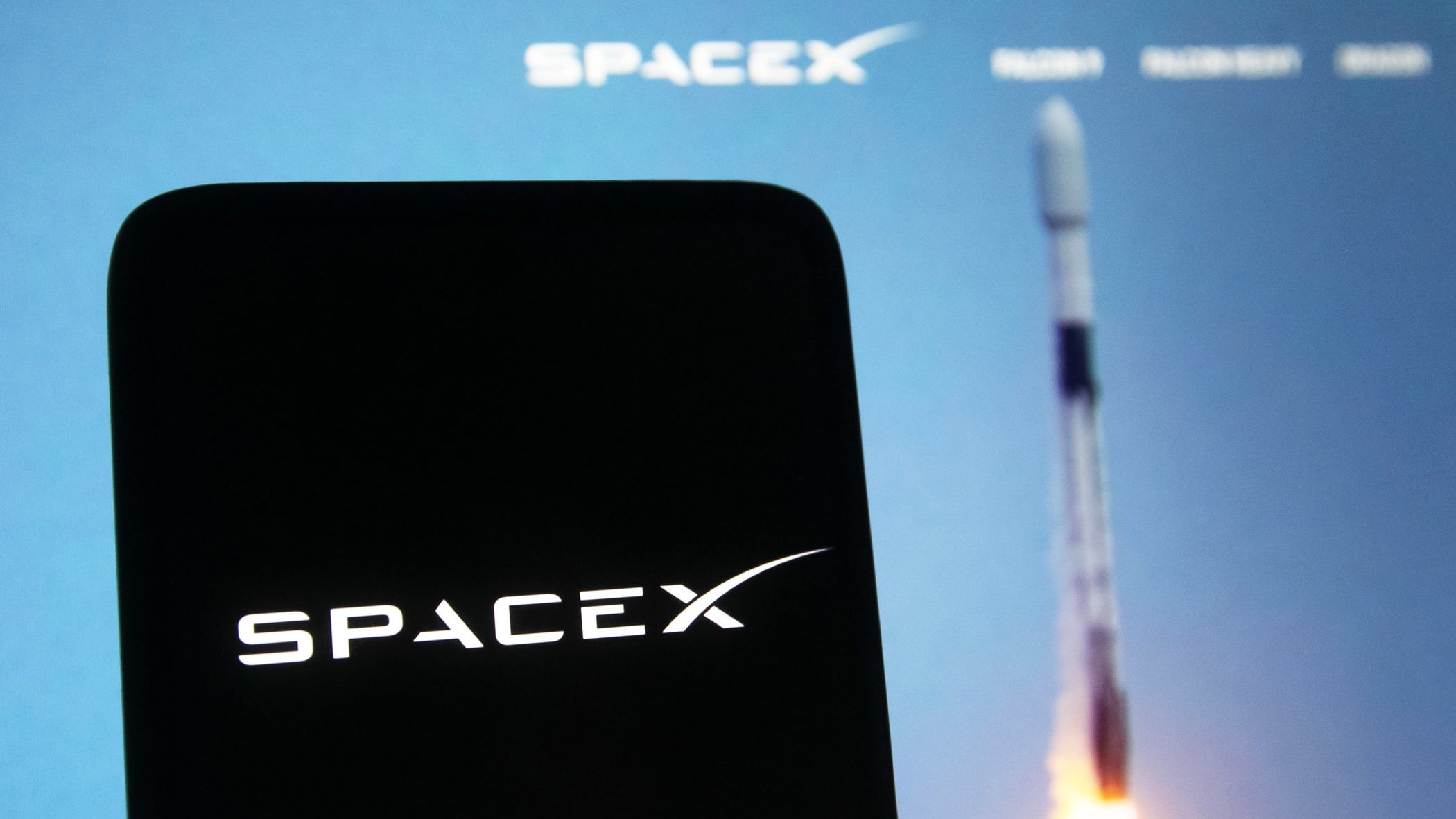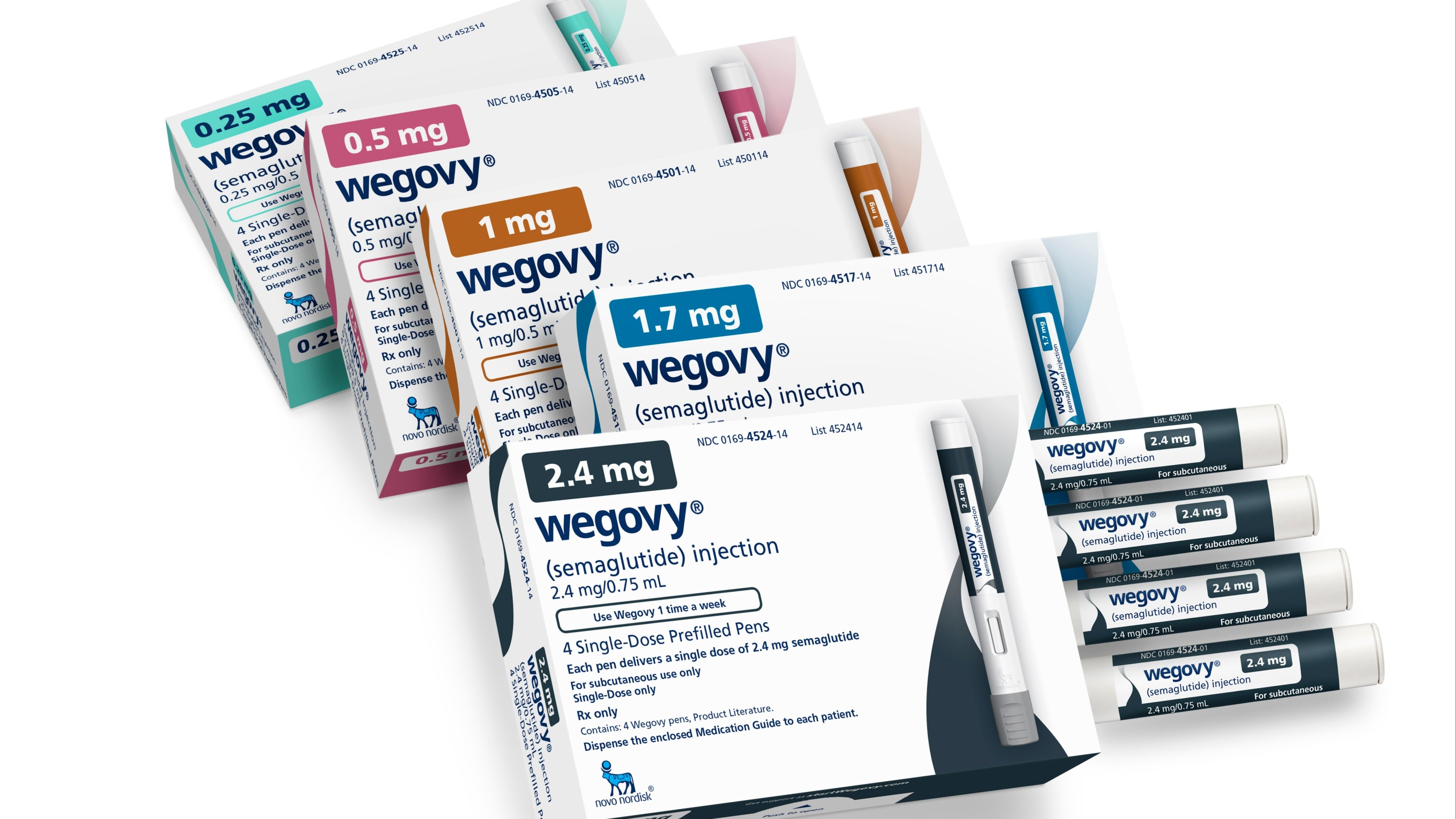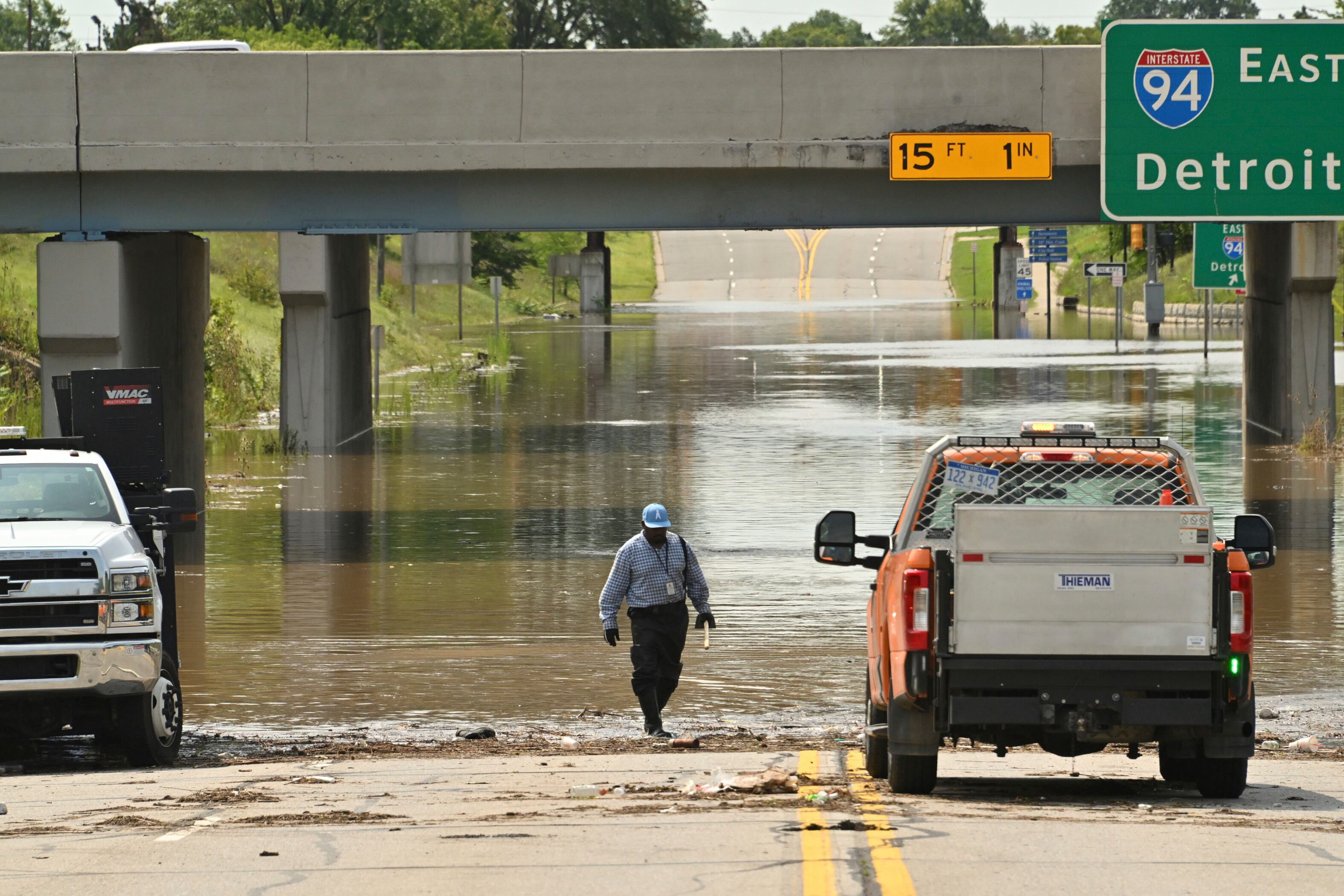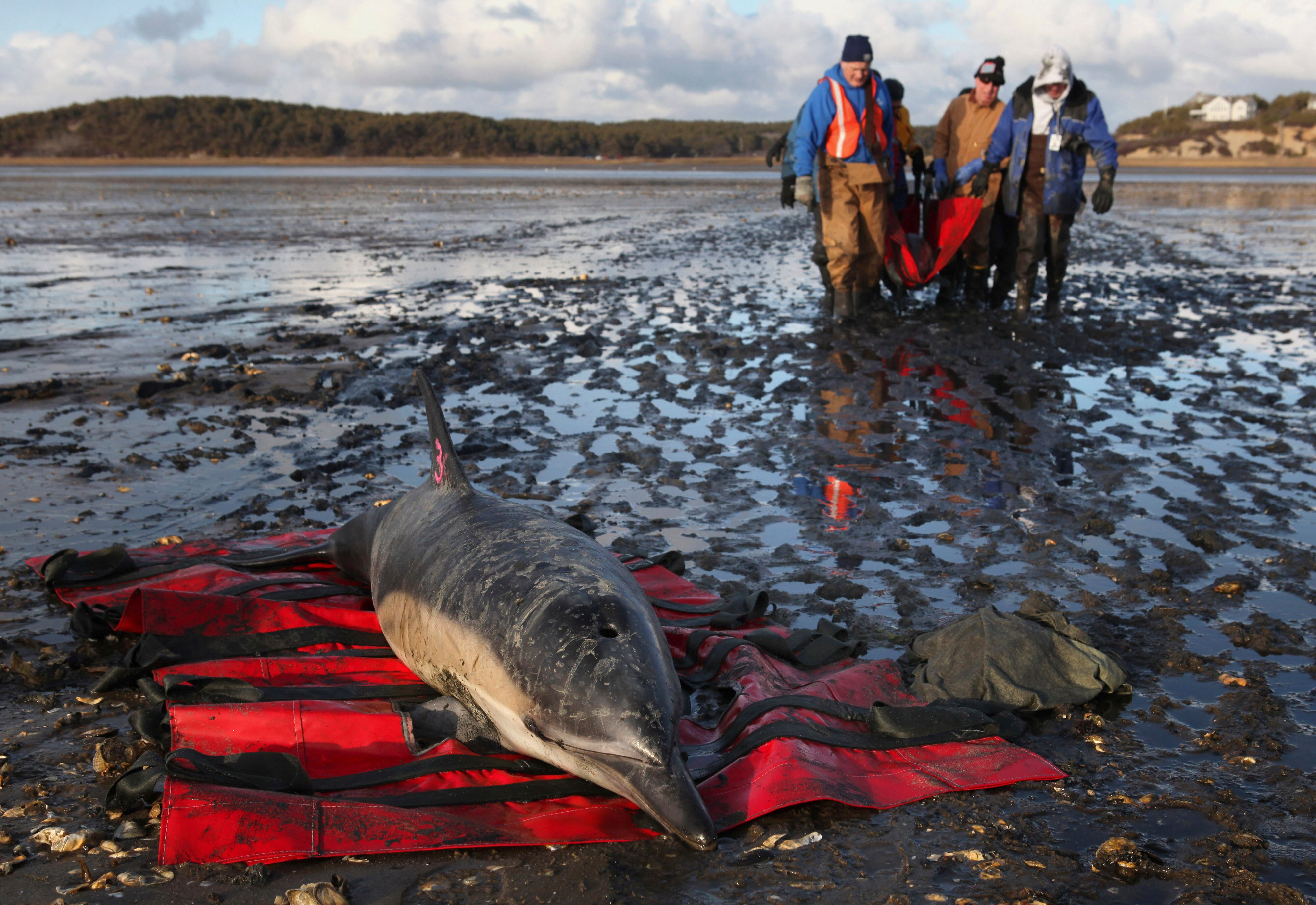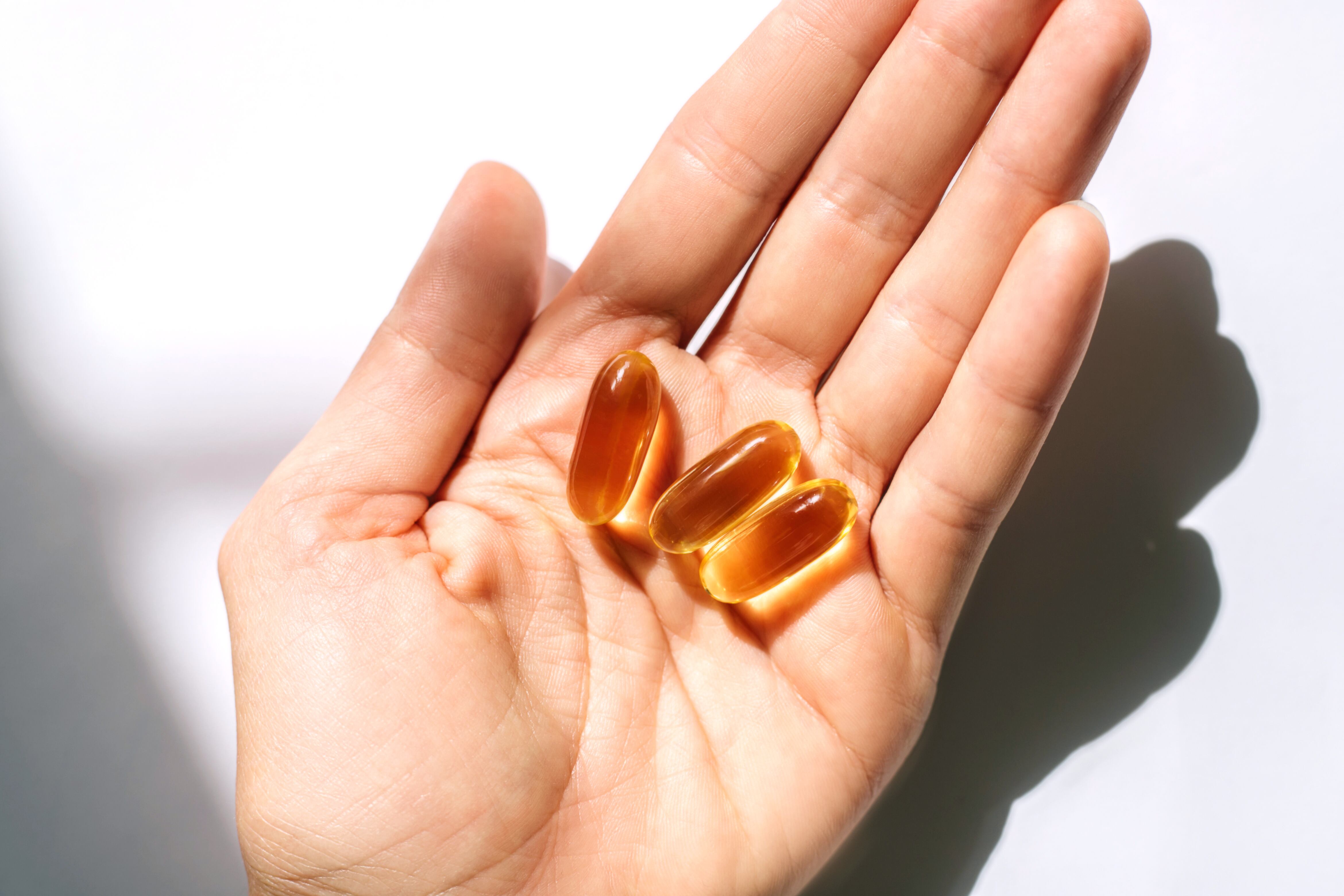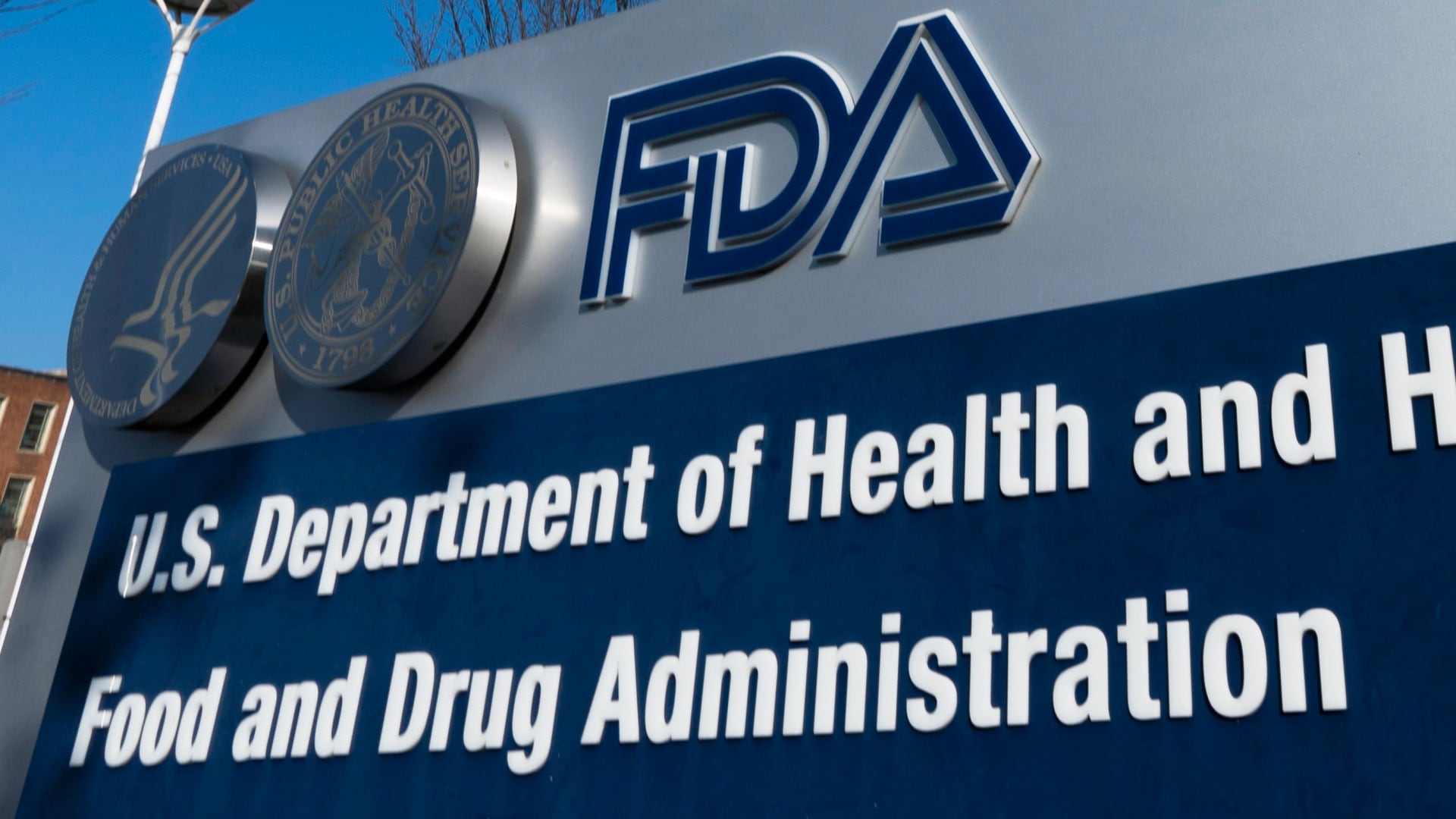The global bottled water industry is booming, and it's coming at a steep environmental cost, according to the United Nations University Institute for Water, Environment and Health.
The report found that global sales jumped 73 percent between 2010 and 2020, and that in 2021 the industry sold 350 billion liters at an estimated value of $270 billion. The agency predicts these sales will nearly double to $500 billion by 2030.
At the same time, the industry churned out more and more waste. In 2021, it produced around 600 billion plastic bottles and contained, which eventually became 25 million tons of polyethylene terephthalate (PET). Most of it was not recycled, according to the report.
The rise in bottled water sales masks the deeper problem of unequal access to safe drinking water, according to Kaveh Madani, director of the institute, in a press release.
“The rise in bottled water consumption reflects decades of limited progress in and many failures of public water supply systems," he said.
However, this trend stems in part from another misperception: that bottled water is always safe. The report noted that“the mineral composition of bottled water can vary significantly between different brands, within the same brand in different countries, and even between different bottles of the same batch.”
One reason for this is that bottled water producers face fewer regulations than water utilities.
Strict water quality standards for tap water are rarely applied to bottled water, and even if such analyses are carried out, the results seldom make it to the public domain,' said Vladimir Smakhtin, co-author of the report and former director of the institute.
